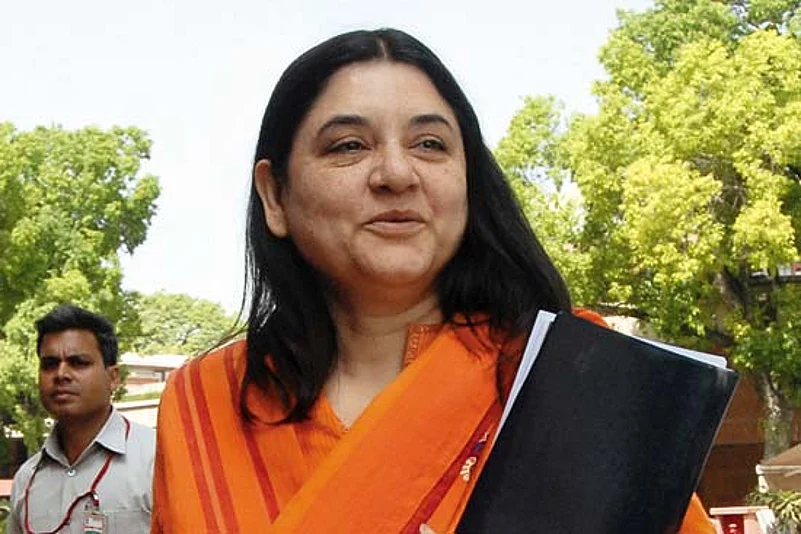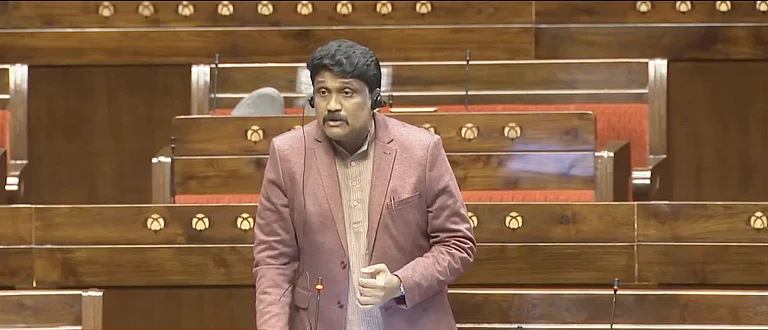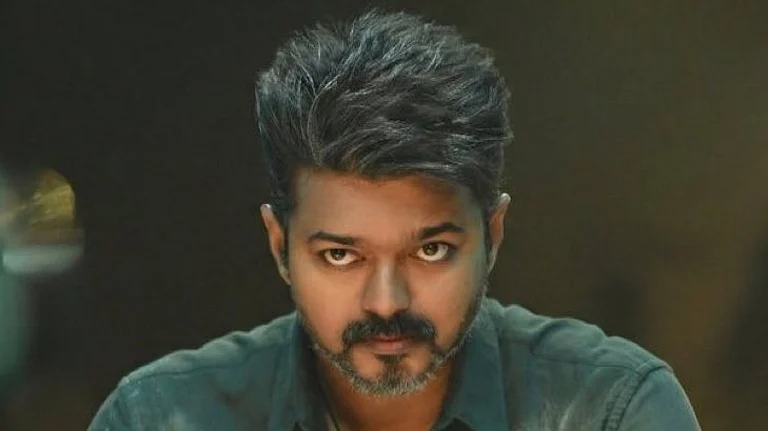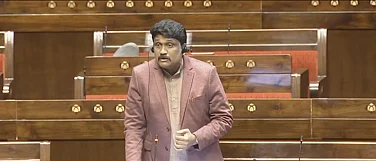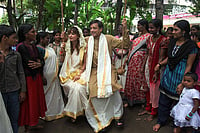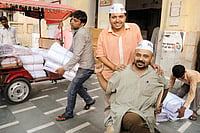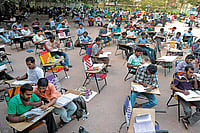She has a reputation of being both mercurial and imperious, but Maneka Gandhi, Union minister for women & child development, is also known to reply personally to mail from citizens and the media. Caught in the middle of a controversy generated by the decision of Missionaries of Charity to stop facilitating the adoption of babies, she spoke to Pavithra S. Rangan on the questions raised.
Was it fair criticism when you said that the agenda of Missionaries of Charity was to promote Christianity through adoptions?
Their excuse is frivolous. I have come across many single women and widows who are competent, compassionate and financially independent, who could make great mothers. Why can’t they adopt a child simply because they don’t have a husband?
I have also received so many complaints about them after they declared their intention to back out. A couple even said that they were asked to adopt a differently abled child because the husband did not have white teeth. They were also allegedly told that since the woman was working she could not be given a child.
But other agencies too seem to be struggling quite a bit with the new guidelines that were enforced in August this year.
Earlier children were being held back by adoption agencies for five to six years. More the number of children waiting for adoption, higher the funds they received from the government. Several agencies gave away babies and children to parents who will pay a bribe.
But the guidelines have minimised the interaction between prospective parents and agencies. Parents no longer need to approach agencies directly. They can register online and find details of all the children available with agencies across the country for adoption (www.cara.nic.in). Children will automatically be referred to waiting parents based on seniority. Agencies will continue to retain the discretion to reject the prospective parents if they think the child would be neglected. In such cases, they would have to record the reasons and the child would again be referred to the next applicant. This will affect only those agencies thriving on selling children.
But agencies complain about a lack of transparency in the nodal agency regulating adoptions in India.
The process is more transparent and faster than before. It is now being done without any human intervention. So where is the question of harassment or corruption? Parents who have waited the longest are being given priority by the system. Everything is now digitised.
But there does not seem to be any online list of parents based on seniority. How would agencies or parents rule out bureaucratic favours in making out-of-turn sanctions?
I have mandated that the list of all registered parents based on their seniority be made entirely available on the carings website. This will ensure that parents know how far behind or ahead they are on the list and guarantee greater transparency.
Agencies complain that parents are shown up to six children and can choose children, “like they are clothes or vegetables”.
We have changed the number of children shown to parents by the website to three. And what’s wrong with giving parents an option to choose their children? They want to choose a child who resembles them and their family. Many parents, I have noticed, don’t want children from the Northeast. That’s why parents are allowed to choose children who they believe resemble their family.
Legal adoptions are said to constitute only 0.04 per cent of adoptions in the country. How do these guidelines address the issue?
I cannot address crime that takes place in hospitals, where children of unwed mothers are sold in a pre-planned manner. But this will make the process of legal adoption transparent, efficient and fast so that more willing parents choose legal adoption. My attempt is to introduce compassion into a system which has been looking at adoptions as a business. We are trying to approach adoption from the point of view of the orphaned children or the desperate parent.






